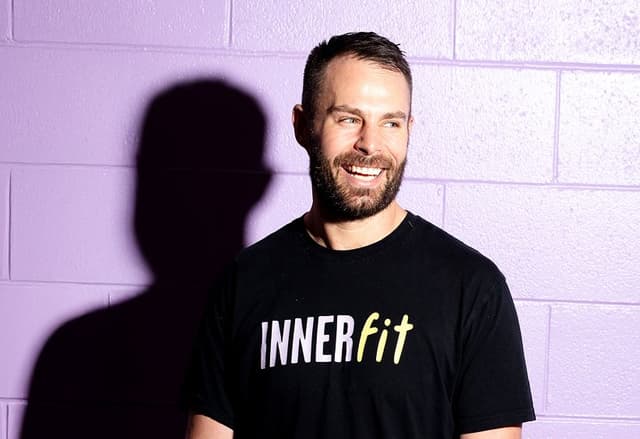
New Year Resolution’s - Friend or Foe?
- /
- Blog
- /
- New Year Resolution’s - Friend or Foe?
Published on 19th of January, 2021
So here we are again, a New Year and about to set New Year Resolution’s. Always an ideal time for a fresh start – to reset and refocus.
Full of optimism, you imagine this year being better than the last one (and for a lot of people, that couldn’t be too hard). and of course, this is the time we think about those New Year resolutions (you know the ones, drink less, exercise more, save more money, be nicer to people and so on).
However the vast majority of New Year resolutions fail or worse are forgotten about. Ask yourself, did you achieve the goals from 2020? Can you even remember what you wanted to achieve by the end of 2020?
In the past we have recommended using the SMART principle when setting goals:
- S – specific – I want to lose weight
- M – measurable – I want to lose 5 kilos
- A – achievable – yes I can do this considering the time frame, exercise program and nutrition guidance I have to follow
- R – relevant – I need to lose 5 kilos as this will be better for my health and fitness and this is the most important thing in my life
- T – timebound – I want to lose the weight within 3 months
Now a lot of people have success with this method – you have a definite target to aim for which often leads to a greater chance of success.
However what happens if you don’t lose the 5 kilos? What if you only lost 2 kilos instead?
If you find the SMART Principle just doesn’t work for you. Let’s try a new approach which should hopefully help you stay motivated and actually reach those goals.
First don’t put a definite number or figures on your goals (such as lose 5 kilos etc). Yes we know this goes against the SMART principal where goals always must be measurable but hear us out.
Set a more open goal to see how well you can go. Instead of wanting to walk 10,000 steps a day, see what you are walking now and see if you can better it! Instead of wanting to lose 5 kilos, how about try and lose some weight.
This way, you don’t set yourself up for failure if you don’t reach a specific target plus it is less daunting and more achievable – a win win situation!
So going back to our example, you main goal is to lose some weight. So if you lost 2 kilos, then you still feel like you have accomplished something. Leaving it open ended gives you a better chance of success!
How about this idea, instead of a goal for the whole year, set a smaller goal.
Such as what do you want to achieve in January 2021?
Having a smaller goal will make it more it less daunting and more achievable, both mentally and physically.
And once you reach the January goals, then set up your goals for the next month. When you achieve these small goals, this will give you an incentive to keep going for the next month. So instead of a long marathon, you are taking a few small steps at a time. By breaking down a big goal into small ones, this will make losing the weight (or whatever your goal is) more achievable.
Starting the year with small wins will help you finish the year reaching those big goals. So make this year the year you change your mindset and create habits. So hopefully you actually get to where you want to go and who you want to be.

Scott: Director, Coach
“Consistency is the key to success.”
With over 15 years of experience, Scott takes a functional, no-nonsense approach to training—focusing on quality movement, strength, and overall well-being. He loves sharing his knowledge to help clients reach their goals and improve mobility. When he has the time, Scott also enjoys writing about topical fitness and wellness subjects.
